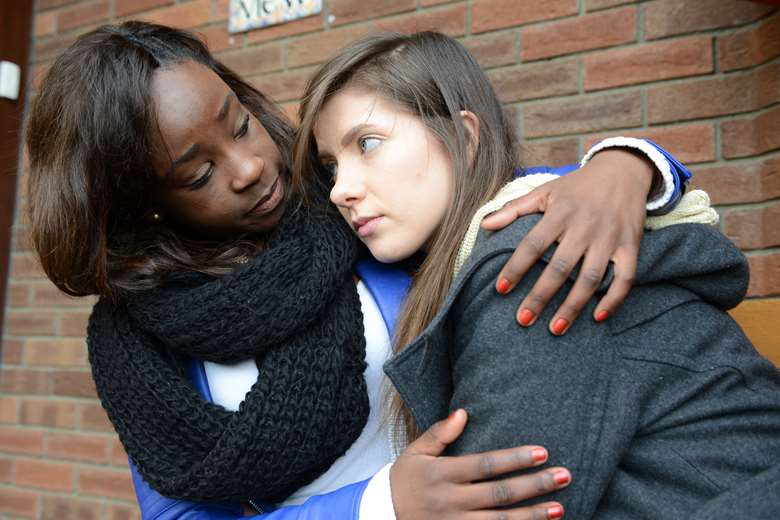Poor joint working on mental health sees children reach 'crisis point'
Joe Lepper
Wednesday, March 7, 2018
Too many children and young people find themselves at "crisis point" before receiving mental health support because health care, education and other public services are not working together as effectively as they could, a report from the Care Quality Commission (CQC), published today, has found.

The second phase of a review carried out by health inspectorate the Care Quality Commission (CQC), has called for better collaboration across agencies to ensure that support is provided at an earlier stage.
It said commissioners and service planners across the NHS, councils, education and other public bodies are not working well together to plan care, share information or identify local need.
It added that collaboration is vital to address a range of problems in children's mental health services - such as long waiting lists, inappropriately high eligibility criteria and gaps in service provision.
"We came across countless passionate people, working hard to support the children, young people, parents, families and carers in their care," the report states.
"But we also found a complex and disjointed system that produces disjointed support.
"Different parts of the system do not work together well. Different commissioners and service planners do not always collaborate when they work to identify the needs of local people and plan services to meet those needs.
"Different services and teams do not always take a joined-up approach to planning and providing care, or sharing information and decisions about care and support."
"We found symptoms of a system under pressure, from schools to the voluntary sector and to specialist child and adolescent mental health services (CAMHS).
"Long waiting lists, inappropriately high eligibility criteria, and gaps in service provision all make it harder for children and young people to access the right support at the right time."
The CQC's review into children's mental health services was announced by Prime Minister Theresa May in January 2017. The first phase of the review was published in October last year and found that support is overly complex, hard to access and too fragmented.
Other recommendations of the second phase include setting up an inter-ministerial mental health group spanning a number of departments to ensure government policies are prioritising the mental health needs of children and young people.
This would help speed up a commitment made by the government in last year's green paper on children's mental health to strengthen links between schools and mental health services, says the CQC.
The CQC is also calling on Ofsted to ensure inspections to recognise and assess schools' role in supporting children and young people's mental health.
"Our report provides clear recommendations based on listening to children and young people, as well as looking at all the organisations with a role to play in this area," said CQC's mental health lead Dr Paul Lelliott.
"We all need to act now and to act together. If we do not, we risk letting down children and young people across the country and undermining their potential in adult life."
Children's sector leaders have welcomed the report's recommendations.
"We strongly support the CQC's call for better joined-up services," said Young Minds chief executive Sarah Brennan.
"The quality of treatment that CAMHS provides can be excellent, but it varies across the country, and too often young people find it desperately hard to get any help at all."
Children's commissioner for England Anne Longfield said: "We know from NHS statistics and from the first-hand accounts we hear from children themselves that thousands of children are not receiving access to the mental health services they need.
"Too often referrals are only made when a child is at crisis point and sadly some children have even told me that that they felt they had to attempt to take their own life in order to access treatment."
Richard Watts, chair of the Local Government Association's children and young people board, added: "Action to tackle the crisis in children and young people's mental health is long overdue and this report reinforces the urgent need to support children and families in desperate need of help."




